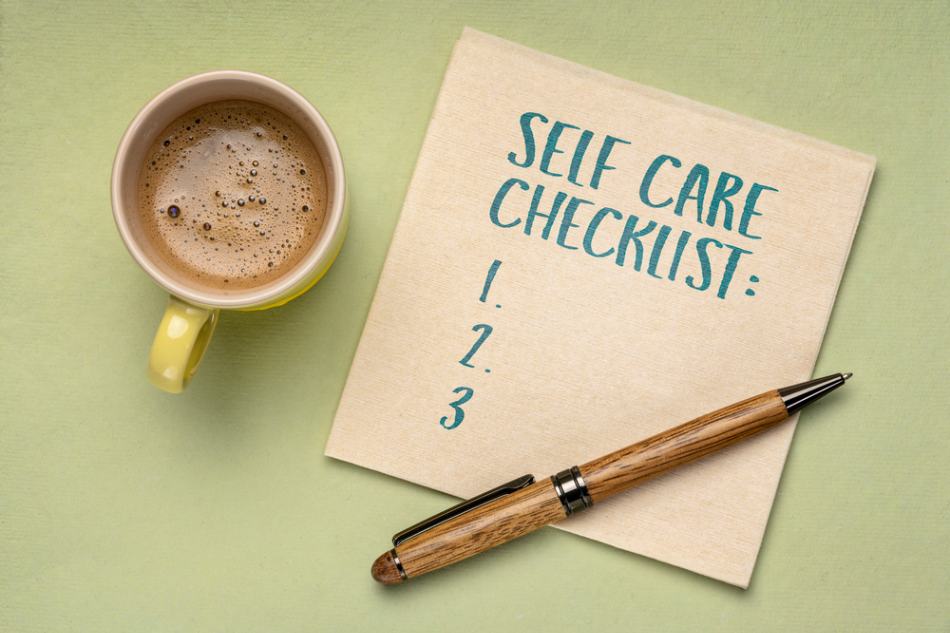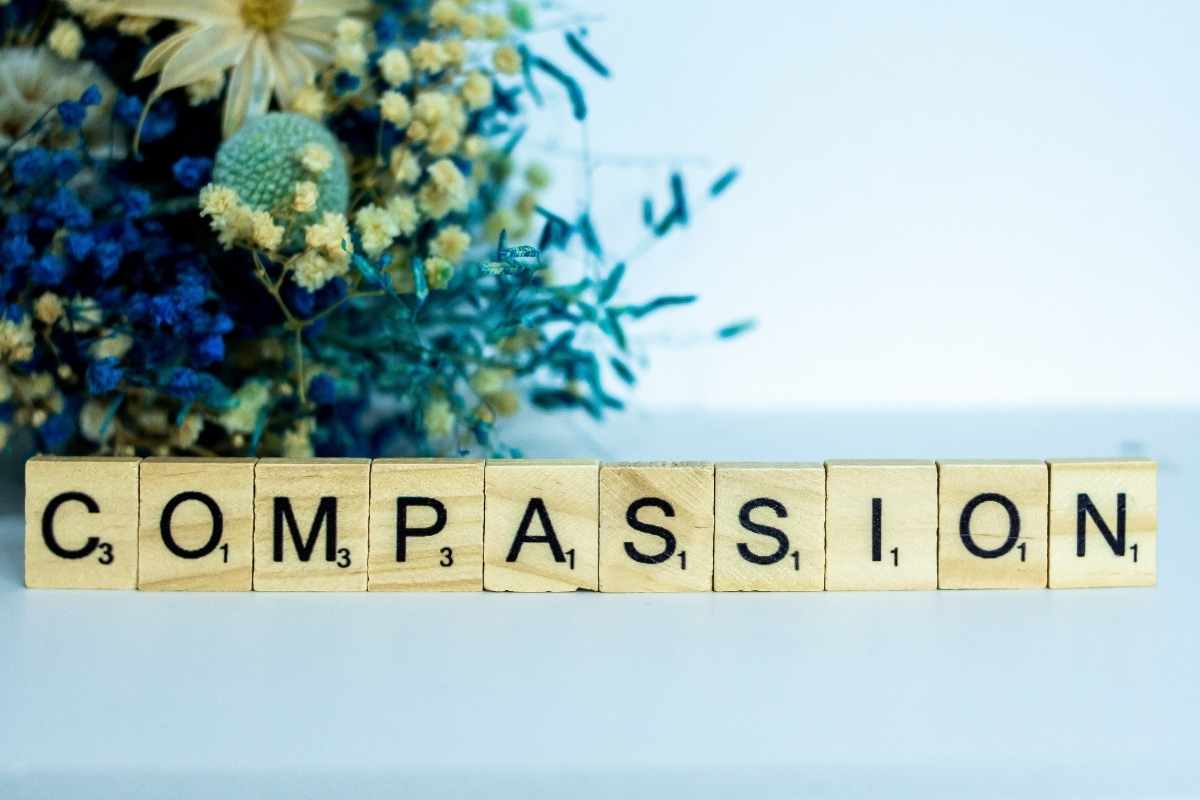March 27, 2018
6. Relationship Communication
Written by Rachel Eddins
Posted in Self Help / Personal Development, Tools & Exercises and with tags: Couples & Marriage, couples journal exercises
 Relationship Communication: How well do we communicate?
Relationship Communication: How well do we communicate?
Your ability to communicate is probably the most essential ingredient to the health of your relationship. Most of what we call “communication” is not really communication at all. It is blaming, complaining, judging, criticizing, accusing, defending or gossiping. Most of the time this type of communication is characterized with sentences that begin with “You” or “It”.
When I begin my sentences with the word “you” or “it”, I am putting my attention “over there” and not seeking to be aware of what’s “over here”. When I say “you” or “it” I am avoiding my own experience in the moment.
True communication is making myself known to another.
It is opening up and sharing my immediate experience. When I put my attention “over there” I am avoiding the fact that I am upset but I don’t acknowledge my upset as mine. I make you responsible, I make you the “cause” and so I can do nothing until I succeed in trying to change you and control you, which of course is impossible. I never really address my own upset and so I never really deal with it or talk about it.
This is the bind that virtually every relationship is in at least to some extent. Can I really open up to my partner and be honest with who I am? We always answer “no” to that question because we are afraid of being vulnerable, we are afraid of being our honest self.
Communication Patterns & Difficulties Assessment:
The following exercise will help you to identify some communication patterns and difficulties. As you become aware of patterns that don’t work, you will gradually develop those that do. As a reminder, the purpose of these exercises is to help you become aware of what is and facing your own reality. You cannot deal effectively with anything without acknowledging the facts as you experience them.
Instructions: As you go through the list of questions, highlight the ones you answer “True” to and then write a few sentences in your journal to describe what you see and feel is happening. Bring this to your next therapy session to explore your feelings in more depth.
Download the relationship quiz here.
We are Always Communicating Something
It is impossible to not communicate. Whether we are aware of it are not, we are always communicating something.
Every communication between two people has at least two aspects to it:
- the spoken words that are used, or the factual information that is conveyed, and
- the unspoken words, or the statement about the relationship between the two people who are communicating.
Consider the simple statement with the spoken words, “The dishes are all dirty”. One partner might say this in an unspoken, haughty tone of voice that says, “I’m so much better than you, you incompetent slob,” or a friendly tone that says “I’ll be glad to help you with this.”
Another partner might say the same sentence in a heavy voice that says, “I’m exhausted; please do the dishes for me,” a hurt tone that says “Look what you’ve done to me!” or an angry tone that says, “Damn you, I’m not going to clean up after you anymore!” The possibilities are endless.
Relationship Beliefs and Expectations Show Up in How We Communicate
The factual content of any message is usually easy to get agreement on: either the dishes are all dirty or they aren’t.
The implied message about the relationship is more difficult to understand. This is partly because it is somewhat hidden and unclear, and is based on the thoughts, emotions and belief systems of each party involved. Belief systems define the relationship, how it should be and how each person in the relationship is supposed to act. When each party defines the relationship in different ways, it usually results in a continuing battle of manipulation and control.
It’s Not About the Nail from Jason Headley on Vimeo.
Relationship beliefs carry with it implications about who should do what for whom. “I am boss and you are employee, so you should listen to me and do it my way—even if you know more about it than I do” or “You are my wife, so you should cook for me—even if you are sick and you have more time and energy” would hardly ever be so clearly spoken, yet it is typically the first part of the message to be heard.
In every communication, there are always these two components to the message—the content and a statement about the relationship.
More often than not, it is the unspoken relationship message that gets heard first and so it is important to clarify what is really being communicated in our messages.
If I am friendly and responding to you lovingly and as an equal, you will hear this message first and respond accordingly. If I am self-righteous and trying to make you bad and wrong, you will hear this message first and probably react defensively. It matters very little what I am saying with my words. It’s my thoughts, emotions and beliefs about the relationship that takes precedence over every communication.
If I am surprised that my partner responds to me the way he or she does, it could be the result of not being aware of what I am really communicating. That is one reason why it is so important to acknowledge and take responsibility for my underlying emotions. It is my unfinished negative emotions that fuel my negative thoughts, which in turn reinforce my negative beliefs, that in turn affect the quality of my relationship.
Differences and disagreement have to be dealt with, and most people will try to reach agreement. If real agreement is not possible, most people will then try to achieve the appearance of agreement by stuffing their emotions or manipulating the other person into changing so that the difference disappears. If these efforts fail, the differentness is fought—rejected and pushed away, walled off, or destroyed. At best there is uneasy truce that is called tolerance.
Handling Disagreements
If I have a difference with you, the real way to settle it is this:
1) Express clearly how I feel about the difference, what is important for me, and what I want from you.
2) Listen to your feelings and wants and what is important to you,
3) Come to some kind of agreement or solution, or
4) if possible, decide to meet my needs elsewhere or give up demanding it my own way.
Many people are neither willing to compromise and agree or let go of demanding something that the other is unwilling to provide.
When you can explore the feelings that you have in a disagreement, you often find that the real argument has little to do with what you are arguing about.
An argument about where to go on vacation might be only a symptom of two people’s assumptions: “If you loved me, you’d do it my way.” Or, “If you respected me, you’d do it my way.” The fears behind these assumptions are quite similar, “I am afraid you don’t love/respect me.” The feelings beneath these fears may be even more similar: feelings of inadequacy, emptiness, loneliness, etc. At this deeper level, you will often discover that you and your partner actually have a great deal in common. Your surface disagreement may be only an expression of the differences in the way that you each avoid or cope with deeper feelings and experiences.
No decision about the vacation can be really satisfactory unless these deeper levels of experience are recognized, expressed, and listened to. When I get in touch with my feelings and express them to you and you really listen to me, I probably won’t care where we go on vacation!
On the other hand, sometimes significant and disturbing differences remain between us, even after this deeper exploration. In this case we can at least accept that these differences exist. We can stop trying to change each other to eliminate those differences, and stop blaming each other when these manipulations aren’t successful.
The real world of honest communication sometimes has pain, conflict and other unpleasantness. It also has pleasure, satisfying activities, joy and participation. When I stay in contact with my reality I can make the most out of a situation.
If I reject reality and try to impose my relationship beliefs, I only add confusion to my pain and lose whatever satisfactions and pleasures I do have.
Go to the next journaling exercise: Dialogue on Feelings
*Journaling exercises written by Cort Curtis, Ph.D, used with permission.
Why You Feel This Way
Get instant access to your free ebook.
Grounding & Self Soothing
Get instant access to your free ebook.
7 Mood-Boosting Tips
Get instant access to your free ebook.



















